On July 12, Chinese Premier Li Qiang asked local authorities to reform the management of platform companies to make them more transparent, predictable, and economical, contributing to solving the country's macroeconomic problems.
Last week, Beijing imposed a 7.12 billion yuan ($988 million) fine on Ant Group, a subsidiary of e-commerce giant Alibaba, for various regulatory violations, a move that investors hoped would signal the end of a three-year crackdown on the tech sector.
The platform economy is serving as a driving force for China's innovation and development, the head of government said at a recent symposium attended by Meituan, Alibaba Cloud and Douyin.

The world's second-largest economy is facing a number of challenges, including a lack of confidence among private investors, high youth unemployment, rising local debt burdens and a sluggish property market.
In another sign that China’s stance on the sector is softening after a nearly three-year crackdown, Li praised Tencent Holdings and Alibaba Group Holding for promoting the development of mainland platform companies.
End of "rectification"
Since November 2020, financial regulators including the People's Bank of China, the People's Bank of China, and the China Securities Regulatory Commission have guided and supervised 14 large-scale platform companies, including Ant Group, to address many outstanding issues related to financial business operations, such as licensing, price discrepancies, expansion, and consumer rights.
Industry observers said the end of the “rectification” sends a strong signal that China’s underlying economy will recover growth, contributing to solving the country’s macroeconomic problems.
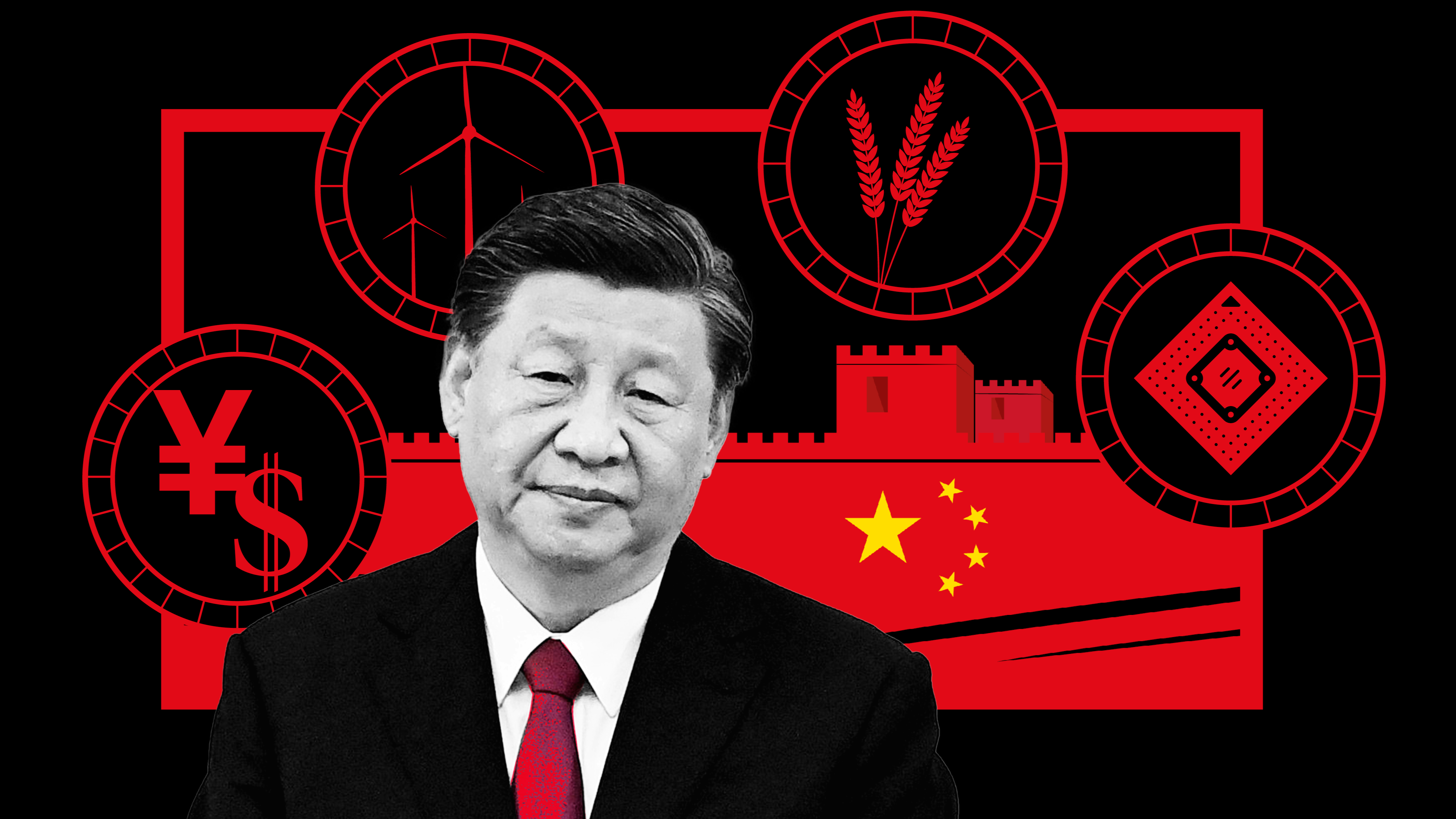
Pan Helin, co-director of the Center for Digital Economy and Financial Innovation Research under the School of International Business at Zhejiang University, said platform operators need to make stronger contributions to the economy and modernize the country.
“Therefore, they should not just focus on making profits, but instead, need to think and act more to help the real economy. There is a lot of room for platform operators to fully realize their value,” Pan noted.
"Platform operators, especially large ones, represent the future of the digital economy, based on their huge investment in technological innovation. They are the pioneers in the global high-tech race," said Song Ding, a researcher at the China Development Institute.
Growth drivers
Platform companies are a major source of employment, highly sought after by new graduates. A Deloitte study estimates that the platform economy will reach 100 trillion yuan by 2030, becoming a driving force for the real economy.

In the first quarter, China's top 10 largest platform operators by market capitalization recorded a 15.6% year-on-year increase in investment in AI technology, autonomous vehicles, new energy and agriculture.
According to the National Development and Reform Commission (NDRC), the leading platform group invested a total of more than 500 billion yuan ($69.7 billion) in research and development (R&D) between 2020 and 2022, with an average growth rate of 15%. The companies also own more than 50,000 patents, becoming the main driving force for technological innovation.
For example, Tencent has increased its investment in Enflame Technology, an artificial intelligence (AI) chip startup with the aim of promoting the development of high-performance AI chips domestically.
Meanwhile, Alibaba's investment in supporting the transformation and development of agriculture and services has helped more than 500 villages and towns carry out digital upgrades, facilitating the transportation of nearly 1,000 agricultural products from villages to cities.
"Their investments not only generate substantial profits and enhance the competitiveness of platform enterprises, but also promote a high degree of technological autonomy, improve the efficiency of the real economy, and contribute to the construction of a modern industrial system with high-quality development," the NDRC said.
(According to Nikkei Asia, Global Times)
Source


![[Photo] Prime Minister Pham Minh Chinh chairs conference on anti-smuggling, trade fraud, and counterfeit goods](https://vphoto.vietnam.vn/thumb/1200x675/vietnam/resource/IMAGE/2025/5/14/6cd67667e99e4248b7d4f587fd21e37c)












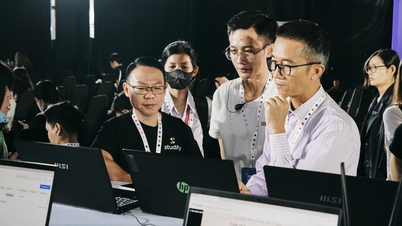




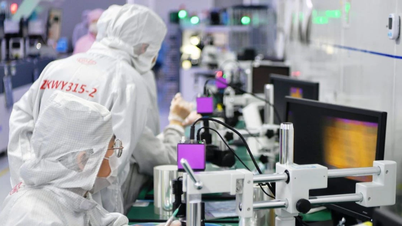

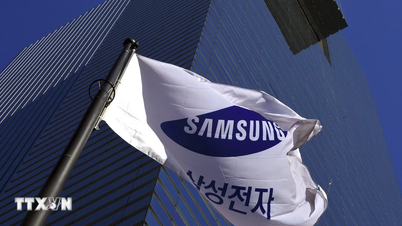

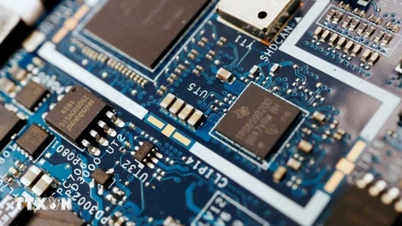
















































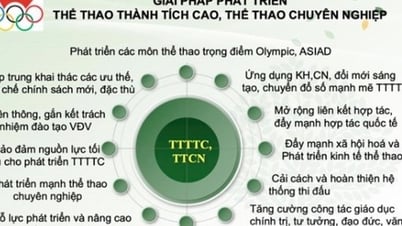


























Comment (0)